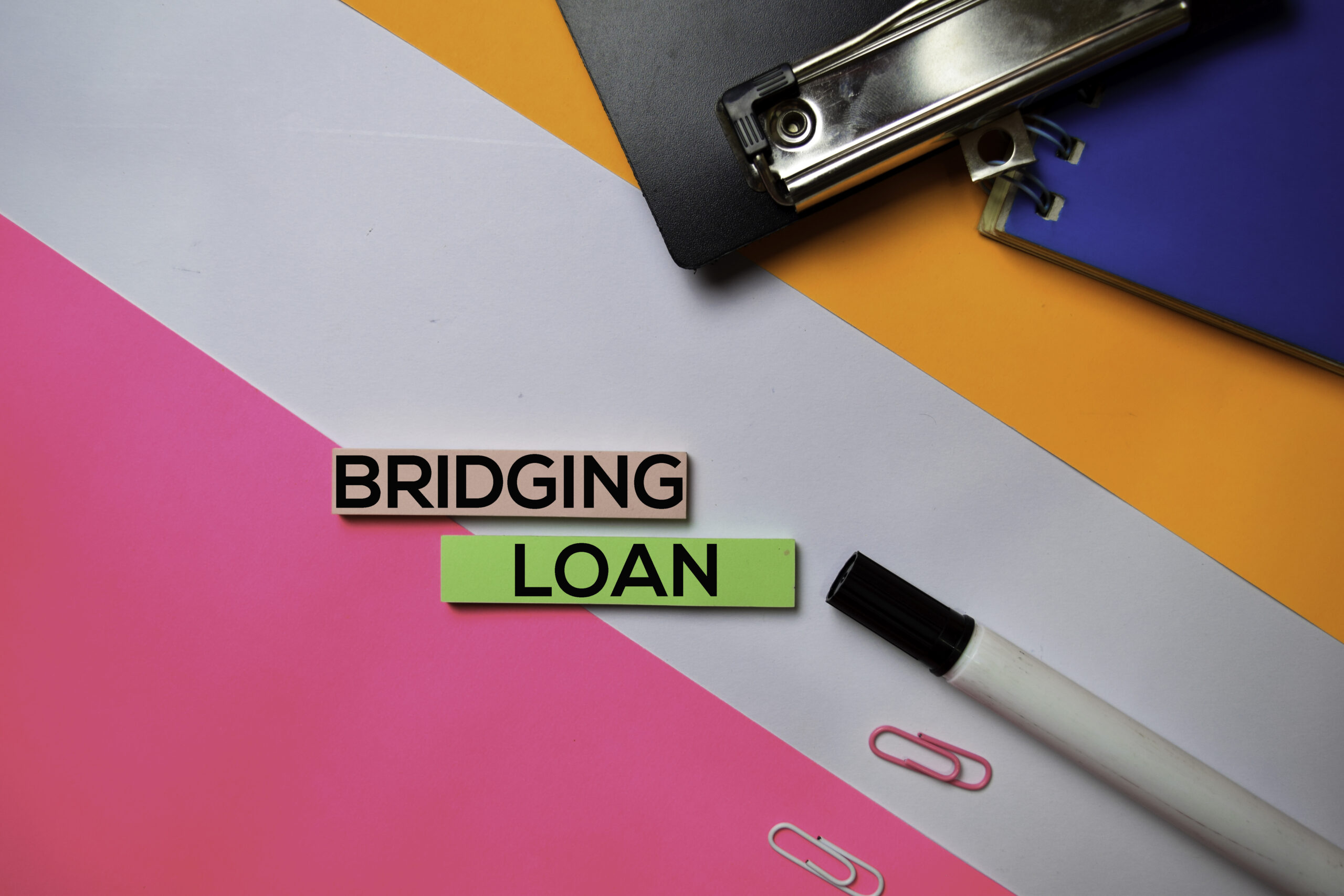Key Takeaways
- It can be challenging to quantify a business loan if your FICO score is below 670.
- Your chances of being approved can be increased by applying for various negative credit business loan options, including Small Business Administration (SBA) microloans, business lines of credit, and short-term loans.
- By updating your business plan, selecting the appropriate loan and lender, locating a co-signer, and demonstrating sound financial standing, you can increase your chances of being approved for a business loan even if you have low credit.
When it comes to short-term business loans, a bad credit score can be anything below a FICO score of 670, even though a terrible credit score typically falls between 300 and 579. Regretfully, your chances of being granted a company loan can be impacted by a fair or poor FICO score. A line of credit or cash advance was turned down by 43% of high-credit-risk businesses and 31% of medium-credit-risk businesses, according to the Federal Reserve Banks’ 2023 Small Business Credit Survey. Merely 13% of enterprises with high risk and 33% of those with medium risk received complete approval. In contrast, 62% of enterprises with low credit risk were fully approved and only 16% of them were denied.
Even with the difficulties in getting approved, having a lower personal credit score does not automatically disqualify you from getting a business loan. You need to be able to get the money you require with the right kind of lender. However, you may not have the best interest rates with poor credit and lenders may provide short periods of 24 months or less, or rates as high as 99%, to cover the additional risk. Let’s examine methods for obtaining a company loan despite having poor credit.
Can you get a small business loan with bad credit?

If your FICO score is below 670, you are still eligible for a small business loan. Even though you officially have fair credit, you will have to pay much higher interest rates for a business loan, especially for those with bad credit. Your credit score is a predictor of your ability to repay your loan as it is based on your past payment history for debts and expenses. Your loan possibilities and the number of lenders ready to take on the risk of lending to you will be restricted if your credit is fair or poor. If a company’s FICO score is in the 500s, it could have to turn to alternate forms of funding, such as merchant cash advances.
How to Get a Business Loan with Bad Credit
Even with poor credit, there are intelligent things you can do to increase your chances of being granted a business loan.

1. Update your business plan
A business plan is a written document that describes your long-term business growth strategy and it is often required by lenders, particularly when you’re first starting. If this is not your first time developing a business plan, you should revise your current one and ensure it has all the vital elements such as sales and revenue forecasts that could support your loan application.
2. Choose the right type of bad credit business loan
There are several options available to you if you have bad credit and need a business loan and you can use different kinds of loans for different things. Consider these factors while selecting the best business loan for bad credit:
- What is the loan for and why do you need it?
- Which loans have the lowest interest rates available to you?
- What kind of collateral do you have to obtain the loan
- The required repayment period
3. Choose the right lender
Various lenders have different credit standards that vary according to their mission and acceptable level of risk. When selecting a lender for a business loan with terrible credit, keep the following in mind:
- Compare rates from several lenders. Different loan types, repayment periods, and features such as prepayment discounts and early loan payoffs. To determine which services best fit your company’s needs, compare the benefits offered by different low-credit lenders.
- Verify the requirements to apply. Lenders have certain requirements that you must fulfill to be given credit. These requirements include, among other things, your credit score, time spent in business, and annual revenue.
- Examine fees and interest rates. A business line of credit may have origination or draw fees, among other costs assessed by business lenders. Lenders with poor credit may also impose exorbitant interest rates. It is important to figure out which lenders have the best fees and rates for you.
- Find out what kind of loan you can get and how much. Many lenders let you begin completing the application form and then verify your eligibility after a mild credit check. To find the loan with the best terms, you can do this for several lenders.
Among the lenders you may want to look into are:
- Conventional credit unions and banks. Conventional lenders have the tightest lending requirements but also offer cheap interest rates for business loans. You may be eligible for an equipment loan or credit line if your credit is fair. If not, your best option is to look for banks that offer community initiatives.
- Online Money Provider. The likelihood of finding a loan with an Internet lender is higher. These typically reduce the required FICO score to 600 or less.
- CDFIs. Certified Community Development Financial Institutions (CDFIs) assist the growth of specific communities, usually low-income and minority groups. Their goal is to provide underserved businesses with banking and financing services.
- MDIs. Banks and other financial institutions classified as Minority Depository Institutions (MDIs) are mostly controlled by members of underrepresented groups. They provide resources like language services and are typically found in minority communities.
4. Show Strong Finances
Lenders use your credit history in the past to make assumptions about your potential for loan repayment. However, your business’s funds are just as crucial to approval as your credit. You should think about the minimal requirements that the lender has set, which could be as follows:
Annual revenue: Certain lenders may grant a loan if you can demonstrate a steady stream of income and haven’t previously missed vendor payments or defaulted on a loan. While traditional bank lenders can demand $150,000 to $250,000 in annual income, online lenders often want to see at least $100,000 in revenue.
Time in business: In order to demonstrate consistency, you could also need to fulfill time in business standards. For traditional lenders, these are normally two years; for online lenders, they are usually six months to two years.
Cash flow: Recent bank statements—typically for the last three months—will be requested by lenders. When comparing your revenue to accounts payable, they will be searching for evidence of a healthy cash flow through your company.
Current debts. Lenders will use the debt-to-income ratio and debt service coverage ratio (DSCR) to determine how much debt your company currently has. A 1.25 to 2 DSCR, which indicates that your present profits more than cover your debts, is frequently preferred by lenders.
5. Find a Co-Signer
A co-signer is a person who signs the loan agreement and promises to pay back the loan if the company owner is unable to do so. If your credit isn’t good enough to get you approved for a loan on your own, getting a co-signer increases your chances of getting approved. Since the lender will take into account their credit history in addition to yours, they can also assist you in obtaining a reduced interest rate. Co-signing may benefit the borrower, but it also entails great responsibility and significant hardship for the co-signer should they need to fulfill their commitment.
6. Show Strong Annual Revenue
Lenders use your credit history in the past to make assumptions about your potential for loan repayment. However, your business’s funds are just as crucial to approval as your credit. Certain lenders may grant a loan if you can demonstrate a steady stream of income and haven’t previously missed vendor payments or defaulted on a loan. To provide stability, you might also need to fulfill time-sensitive business requirements that could positively impact your business loan terms and core loan terms. For traditional lenders, these are normally two years; for online lenders, they are usually six months to two years.
7. Improve Your Credit Score
Spend some time raising your credit score if you want to apply for a business loan soon but can postpone. Ultimately, better scores translate into better conditions and interest rates on business loans. Here are several methods to raise your company’s and personal credit scores:
- Check your credit report. Before you start applying to lenders, you should be aware of your personal and company credit scores. You can then determine which loans you are eligible for. Get in touch with the credit agency to have inaccuracies, such as outstanding debt that you have paid off, removed from your company credit report so that your score can be increased.
- Mind your credit utilization. Approximately 33% of your FICO Score is determined by the amount of credit you use. It’s generally advised to use no more than 30% of your available credit for credit utilization. Try to pay off debts like credit cards or lines of credit, and if you can, ask for a raise in your credit limit.
- Make payments on time. Establish automatic payments for all business suppliers, loans, and utilities. You avoid the chance of inadvertently missing a payment with this method.
- Apply for a credit card. Getting a business credit card can jumpstart your positive payment history. Regardless of whether you operate a business-to-business company or a business-to-consumer company, you can put everyday expenses on the card and pay them off within the grace period to avoid interest. Not every card accepts bad credit, but the Spark 1% Classic is designed for credit-building with no annual fee to boot.
- Open trade credit. Allow credit for open commerce. When purchasing materials, you can obtain a credit line with some commercial providers. If the vendor notifies the credit bureaus of your payments, this enhances your company credit. The loan balance must be repaid within 30 to 90 days.
Alternatives to Business Loans for Bad Credit
You may choose one of the following alternative funding choices if you are ineligible for or require an option other than a bad credit business loan:
Business grants. Businesses can receive free money from grants without having to pay back any money or pay interest. They may originate from corporations, nonprofit organizations, or state or local governments. To receive the funding, though, you’ll need to outbid other companies.
Business credit cards. Even with poor credit, business credit cards are still available. Take the Capital One Spark 1% Classic, for instance. But compared to someone with a higher credit score, you can have fewer options or pay more interest. You can use the card to pay for business costs, but to avoid paying interest, think about paying the entire debt off each month.
Crowdfunding. Crowdfunding allows you to raise capital for your business, usually without having to pay it back. However, you might have to provide investors with incentives, such as merchandise or even stock in your company to improve your business loan terms.
Peer-to-peer lending. Peer-to-peer lending allows you to get a business loan from a pool of private individuals lending to you. Corporate loans are another option, providing larger financing amounts with tailored terms for established businesses needing substantial funding. Like a traditional business loan, you will repay the loan within a set time and may pay interest.
Special purpose credit programs. Special-purpose credit programs, such as those offered by Chase and other banks, are intended to assist underprivileged business owners in obtaining loan approval. These loans have less stringent credit, business, and down payment requirements.
At DCF Loans, we offer a range of loans with fast approvals, flexible terms, and progress payment options to ensure that every business can lend in a manner consistent with its activities and investments. These include bridging loans, development loans, lines of credit, car loans, and margin loans. Borrow up to $1 million and enjoy fast and transparent approvals with expert guidance from a lender who is committed to Australian businesses.
Bad credit may make it more difficult to qualify for a business loan and/or affect your core loan terms, but it does not always preclude you from acquiring one. It could be necessary for you to look for alternatives to traditional loans or apply to lenders who have more flexible standards. Furthermore, redesigning your company plan and reviewing your credit record are two more actions you may do to increase your chances of receiving a bad credit business loan.












